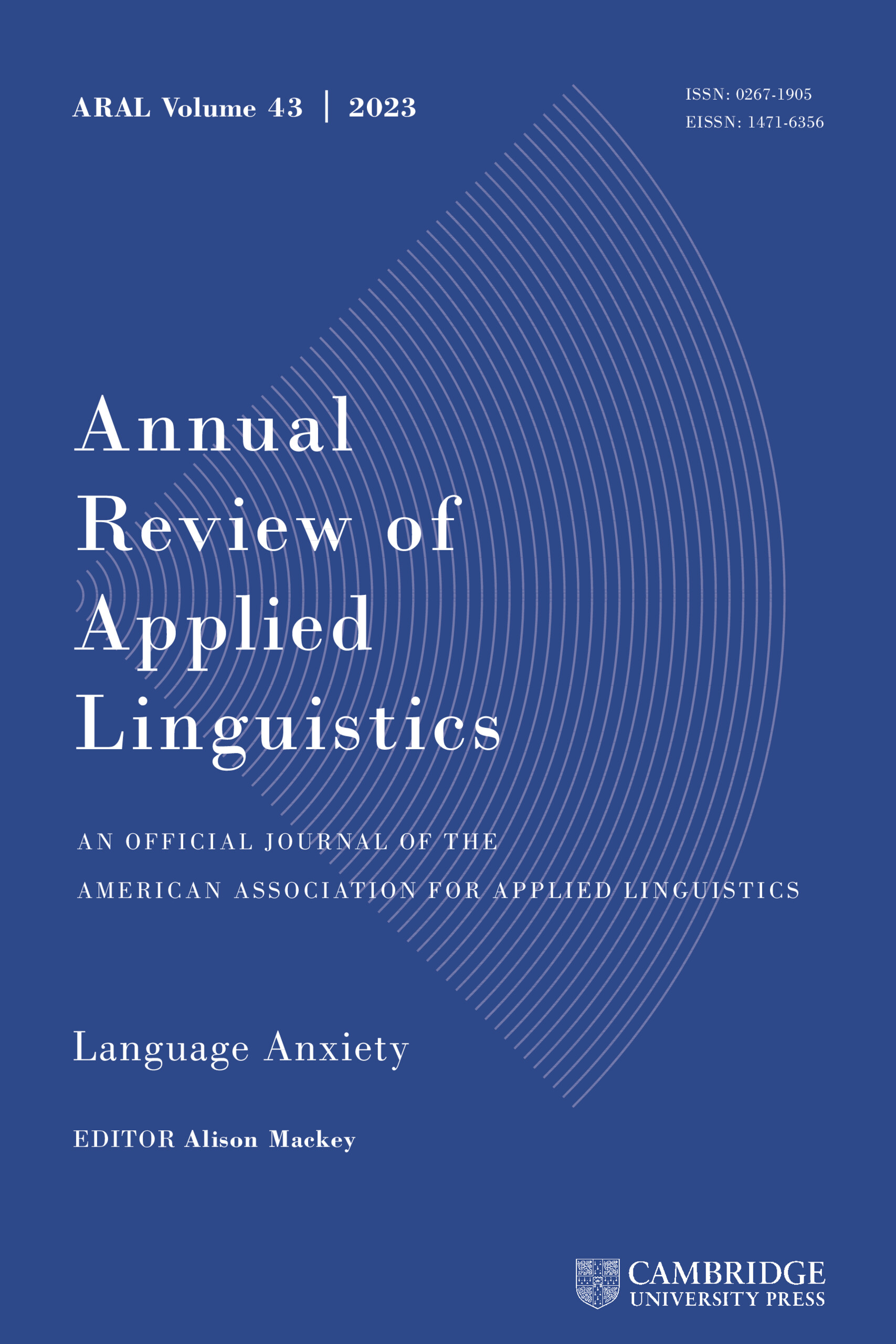No CrossRef data available.
Article contents
Language Policy and Planning in Canada
Published online by Cambridge University Press: 19 November 2008
Extract
It is an especially opportune time to reflect upon Canadian language issues, since the recent constitutional crises-still unresolved-have at once brought them into sharp focus and demonstrated how closely language, culture, and politics may be intertwined. The official policies of bilingualism and multiculturalism, in particular, have been receiving considerable attention. The players-the French and English “charter groups,” the aboriginal populations, and non-indigenous non-English/non-French groups (the “allophones,” who possess “heritage” languages)-have, consequently, been presenting themselves and their agendas with rather more force and acerbity than usual. Full accounts of the political upheavals, and the ramifications for language policy are now becoming available (e.g., Edwards in press a; in press b; in press c).
- Type
- Country and Regional Surveys
- Information
- Copyright
- Copyright © Cambridge University Press 1994


